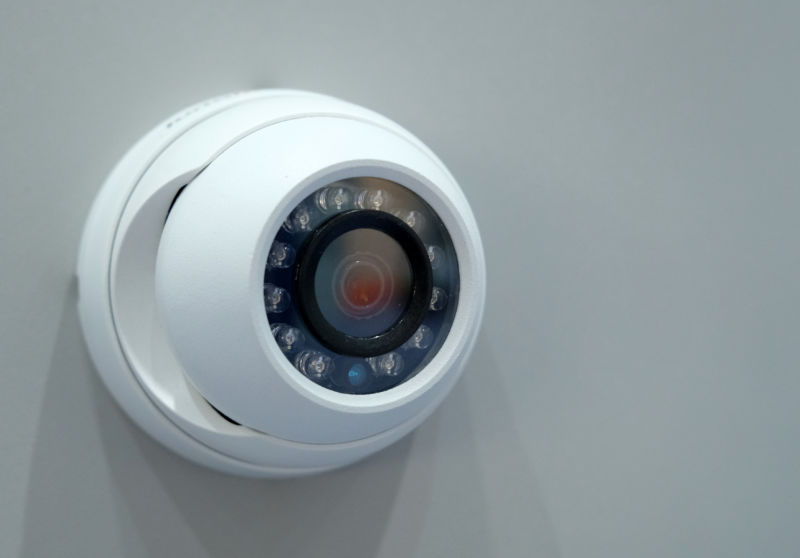
Much in the same way that food labels are now required to disclose the potential presence of allergens such as peanuts, one Senator is proposing a law that would require tech companies to include a label on products disclosing the presence of recording devices.
The bill, dubbed the Protecting Privacy in our Homes Act, would mandate a new kind of labeling on goods that include Internet-connected microphones or cameras. The proposed law does not define what kind of labels would need to be appended but rather would order the Federal Trade Commission to put in place specific regulations “under which each covered manufacturer shall be required to include on the packaging of each covered device manufactured by the covered manufacturer a notice that a camera or microphone is a component of the covered device.”
Sen. Cory Gardner (R-Colo.) introduced the bill to the Senate. “Consumers face a number of challenges when it comes to their privacy, but they shouldn’t have a challenge figuring out if a device they buy has a camera or microphone embedded into it,” Gardner said. “This legislation is about consumer information, consumer empowerment, and making sure we’re doing everything we can to protect consumer privacy.”
Most products that ship with cameras or microphones included tout the inclusion of such recording devices as a selling point, which could make this kind of regulation feel redundant at best. That said, there’s quite a difference between “most” and “all.” A rule such as the regulation Gardner proposes would close the gap that, for example, led owners of Nest Secure devices to the unpleasant discovery earlier this year that the products had shipped with undisclosed microphones.
Gardner is a co-chair of the Senate Cybersecurity Caucus, along with Sen. Mark Warner (D-Va.). The two earlier this year led a bipartisan group of senators that co-sponsored the Internet of Things Cybersecurity Act of 2019, which would require existing regulators to develop security standards for connected devices.
The Senate, however, largely seems concerned with other events this year, and GovTrack.us gives the PPHA a 3% chance of actually becoming law.
https://arstechnica.com/?p=1581691

